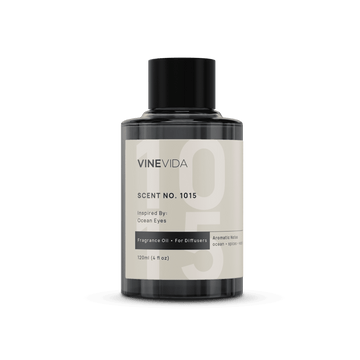Unfortunately, the data needed to answer the question conclusively, “Does Oregano oil kill good bacteria?” does not exist. Scientists are only just beginning to understand the capabilities of medicinal plants.
Research is still in its infancy. Animal studies show that oregano actively protects the microbiota in other species, but the question hasn't yet been explored in human trials.
However, based on what we know about the herb, it seems highly unlikely that oregano oil kills good bacteria.
Oregano Essential Oil Vs. Oil of Oregano
We sell Oregano essential oil and not Oil of Oregano. Read this post to understand the differences between the two. You can take oregano internally.
It is a readily diluted product to make it safe for oral consumption. In addition, it is not the same as oregano essential oil, which is highly concentrated. Therefore, we do not recommend you take oregano essential oil internally.
So let’s get to it.
Does Oregano Oil Kill Good Bacteria?
It's currently impossible to categorically answer the question because there doesn't seem to be data that has specifically explored its effects on humans. Potentially, it might never have been assessed yet, and given that the outcome of the question would not help pharmaceuticals develop a drug, it may never be.
So we have gathered information from different sources that may help us make an educated guess.
Using Aromatherapy And Herbalism Knowledge
It would be astonishing if oregano oil did kill good bacteria. Oregano has been used as a digestive aid since the dawn of time. We now also know that it is chock full of one of the most antibiotic constituents. Carvacrol works on many levels, encouraging white blood cells called macrophages to surround and overpower invading pathogens. The two prominent families of so-called good bacteria that make up the microbiota are Bifidobacterium and Lactobacillus. These are not foreign bodies. The body knows and recognizes them as its own, so it’s unlikely that the oregano would trigger that response...
Evidence from Food Trials
Next, we know that oregano positively affects good bacteria, but the data tell us that it comes from rodent trials. So, while we can’t say for sure that the same would be true in humans, given the aromatic knowledge we already have, it seems likely that it would.
Likewise, the trial says “extract of oregano,” which is ambiguous. We do not know if it was the oil of oregano or oregano essential oil, or probably a different kind of extraction entirely that was assessed. That may or may not be significant because not all extracts necessarily have the same chemical constituents in them. However, it would be more critical if we were trying to pinpoint exactly which part of the oregano was responsible for an action, which I don’t think we need to be particularly worried about here.
Let’s tell you a bit about the trial.
The study wanted to assess what happened when oregano was on yogurt. This is exciting because one of the main reasons why researchers are fascinated with essential oil. In addition, they want to identify agents that will protect certain food types against decay.
In the study, six rats were given portions of yogurt containing the oregano extract at different concentrations. First, they were assessed for Lactobacillus, then Bifidobacterium.
The trial showed that “negative bacteria” (i.e., stuff that would spoil the yogurt) decreased, but the levels of our so-called good bacteria increased. Furthermore, tests revealed that the rats also had reduced serum cholesterol levels.
We Also Know Oregano Protects the Microbiota in Cattle
Antimicrobial growth promoters are banned in the EU, so finding alternative strategies to prevent imbalances in animal microbiota, to protect them from disease is a growth area. This is a well-developed area of experimentation for essential oils.
Some, including oregano, are proven to inhibit pathogen growth while only moderately affecting beneficial intestinal microbiota (World Applied Sciences Journal).
Conclusion
Does Oregano Oil Kill Good Bacteria?
We cannot categorically say it doesn’t, but it seems highly unlikely. Indeed, it is probable that it works with the bacteria to improve the health of the microbiota. This would apply to oil of oregano, when taken internally and very probably to oregano essential oil when used topically too.















